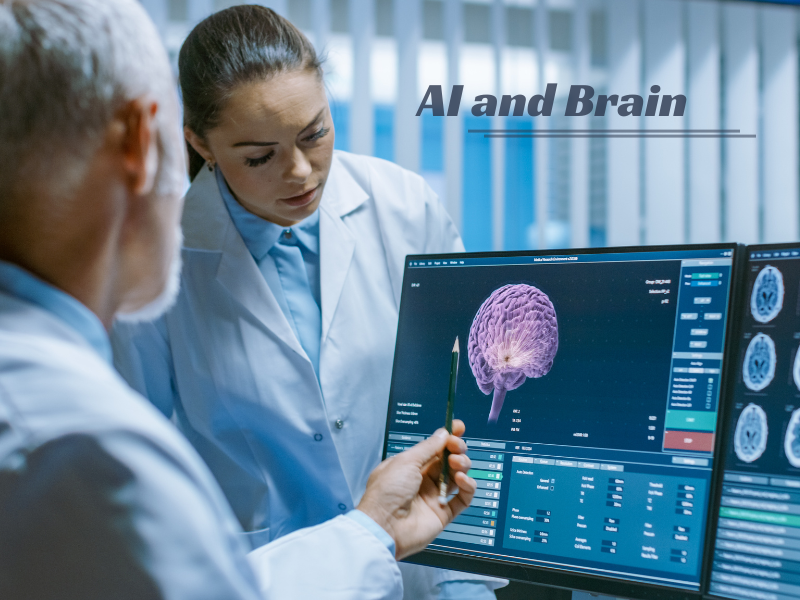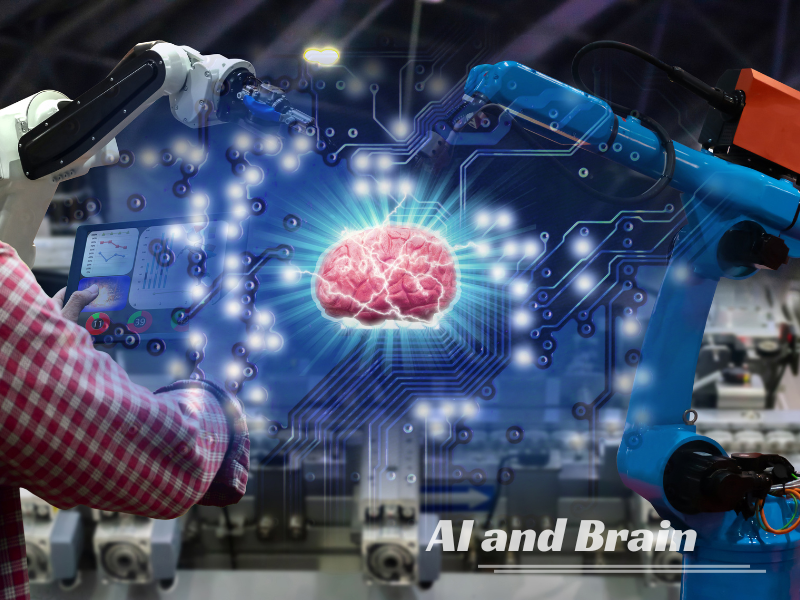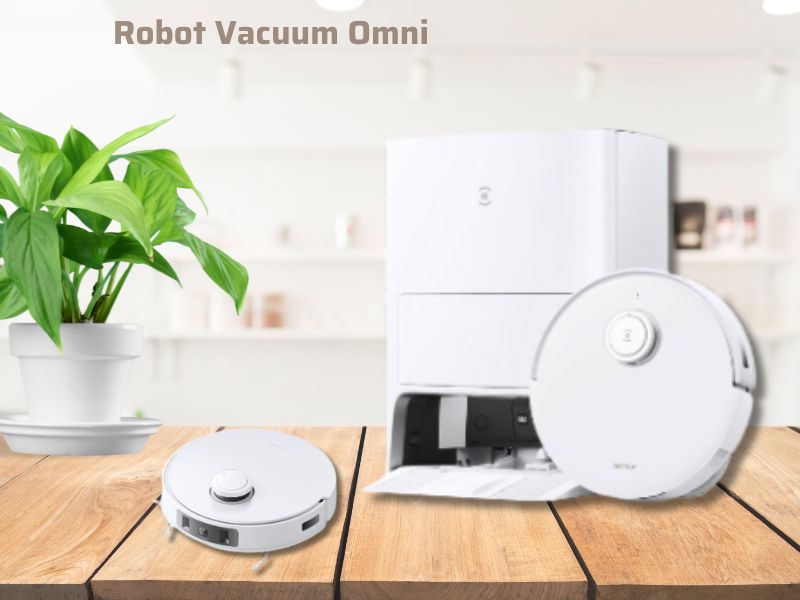In the context of artificial intelligence and neuroscience research, the development of hybrid biological computers has gained widespread attention. The article focuses on the integration of the human brain and computer technology, opening up new prospects for researching and understanding brain models.

Research Methodology:
The research team utilizes biological materials, particularly brain organoids developed from human stem cells, to simulate the structure and function of the brain. These biological computers are created by combining human brain organs with a neural network simulating the biological nervous system.
Results and Applications:
Researchers expect that by studying organs such as the human brain, they can uncover the mysteries of the brain and propose treatment methods for neurological disorders such as Alzheimer’s, autism, and epilepsy. This is not only their goal but also opens up the possibility of combining human brain organs with electronic devices to develop a new form of biological computer. Specifically, this computer uses the biological neural network of human brain organs to perform functions such as speech recognition, image processing, and logical inference.

Research results from Professor Guo Feng and his team at Indiana University Bloomington show that the hybrid biological computer has the ability to recognize speech with significant accuracy. This model has the potential to save energy, be flexible, and powerful compared to traditional computers, paving the way for the development of artificial intelligence and neuroscience research.
Challenges and Future Development:
The development of biological computers may open up a new world where humans and artificial intelligence coexist and develop. It can be anticipated that in the future, we will witness the emergence of superior biological computers. However, biological computers are not only a marvel but also pose technical challenges and issues related to social ethics.
Note: This article utilizes information and images from Zhihu and Internet.





Thank you for your sharing. I am worried that I lack creative ideas. It is your article that makes me full of hope. Thank you. But, I have a question, can you help me?